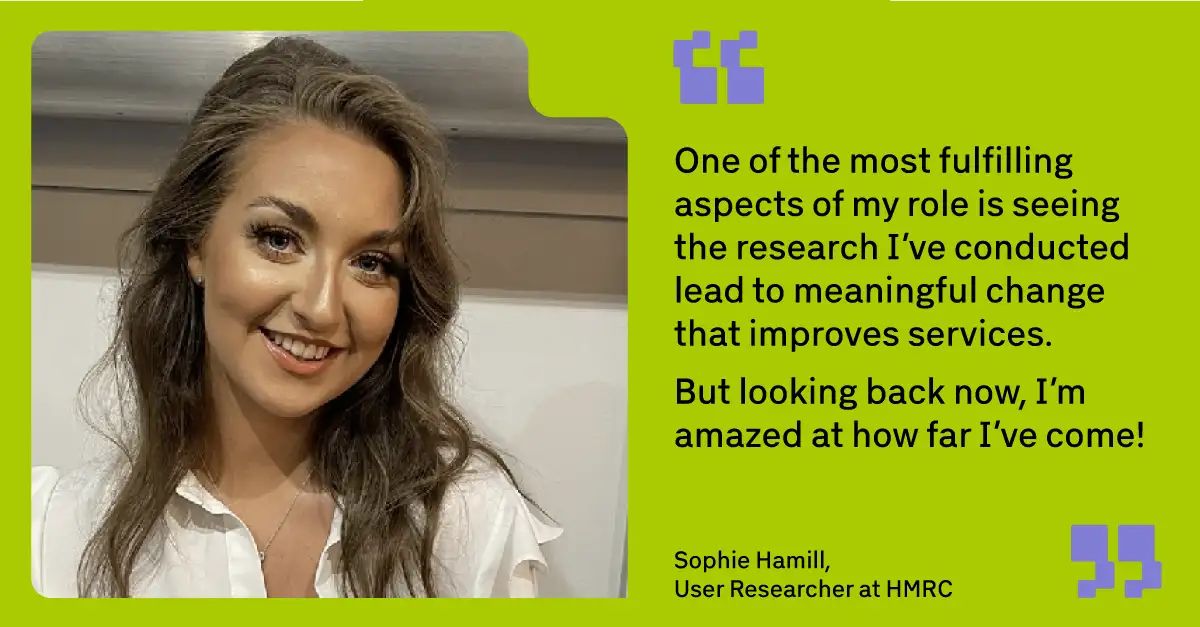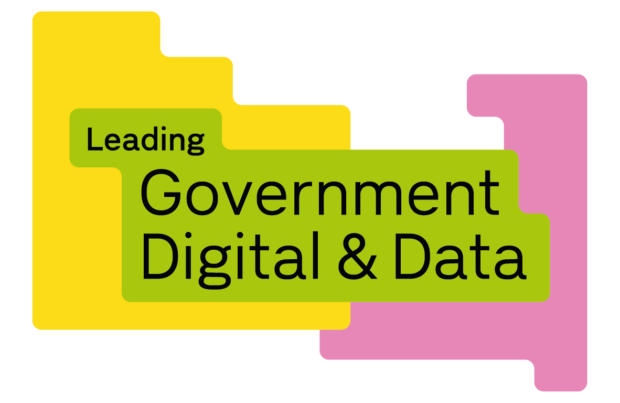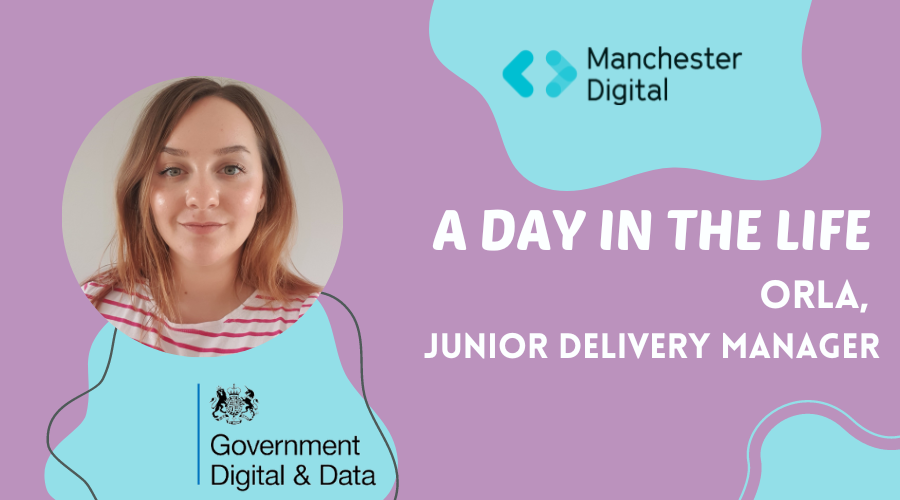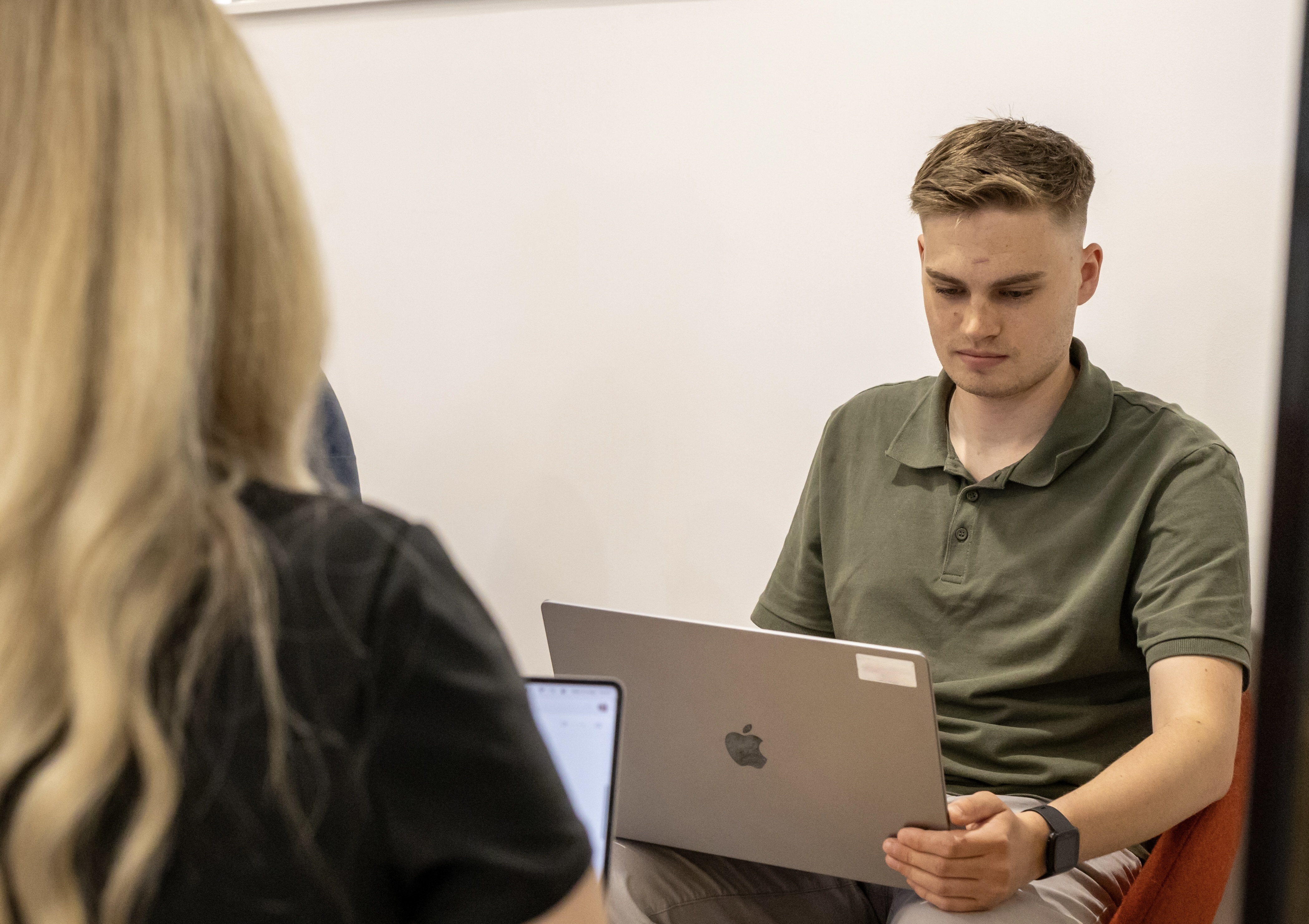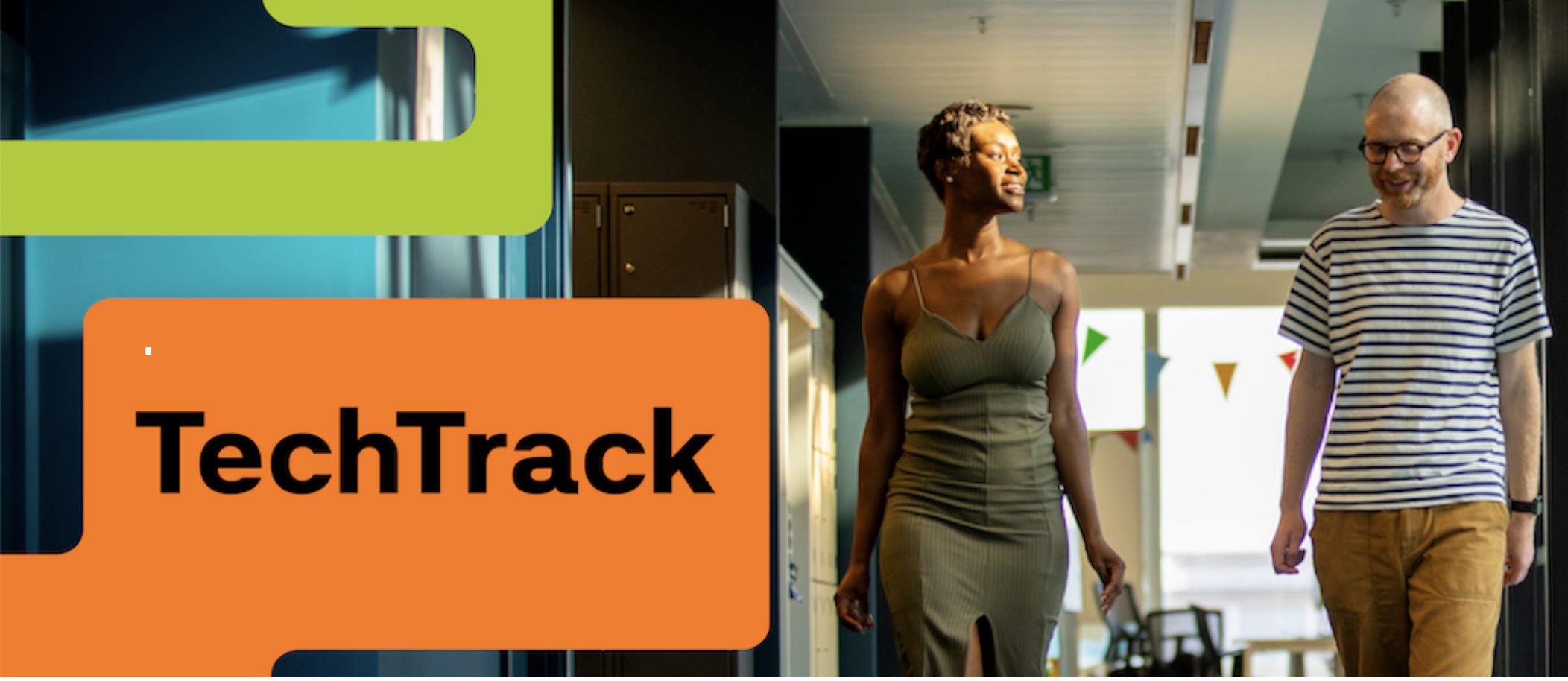Microsoft 365 and SharePoint Developer - HO - SEO
Government Digital & Data -
In this role you will be working within the Collaboration Engineering team in End User Compute and Collaboration (EUC&C), which is part of Digital, Data and Technology (DDaT), to provide Microsoft 365 (M365) services to over 65,000 users across the Home Office.
EUC&C are responsible for all core Home Office end-user services, including the provision and support of devices as well as development and support of applications and business critical services such as Exchange, Microsoft Teams, SharePoint Online, and OneDrive.
The Collaboration Engineering team comprises of multi-skilled, multi-disciplinary, product-focused agile squads - including Infrastructure Engineers, Developers, DevOps Engineers, and QA Testers - ensuring Microsoft 365 and Azure services, as well as products built upon these platforms, are integrated, tested, delivered, and operated as required.
The Digital Data and Technology (DDaT) profession enable the Home Office to keep the UK safe and secure. They do this by designing, building, and running the services that help people apply for visas or passports, support policing and counter-terrorism operations, and protect the UK’s borders.
Team members have specialised knowledge and a calling to build on it. We want the best people to come to the Home Office and work in the diverse roles and communities they’re passionate about. This is how we produce exceptional outcomes.
Job description
The Developer works on software components that form part of a product. You will be involved in designing, running and improving software that meets user needs. You will typically work under the guidance of senior colleagues in your team.
You will work to our technical standards writing clean, secure code following a test-driven approach, ensuring the code is open as far as possible and can be re-used.
Tools and Technologies we use
We are keen for Engineers to continue learning new technologies, we have a large range in the Home Office, including these utilised by the Collaboration Engineering team:
- Backend: Azure (Logic Apps, Function Apps, Automation Accounts, App Services), PowerShell (5.1, 7.x, Azure, Exchange, PowerApps, Security & Compliance, SPO, Teams), M365 PnP, M365 CLI, Graph API.
- Frontend: Power Apps, Power Fx, SharePoint Fx (SPfx), Fluent UI, React, JavaScript, C#, CSOM, Adaptive Cards, Lists Conditional Formatting, Copilot Studio.
- Data: Microsoft Dataverse, Microsoft Fabric, Azure Blob Storage, Azure Cosmos DB, Azure Data Lake.
- DevOps: Azure DevOps, Git, Azure Pipelines, Bicep, Terraform.
- Tooling: Microsoft Dev Box, Visual Studio Code, PowerShell ISE, ShareGate, SharePoint Migration Tool, Azure Monitor, Azure Log Analytics.
What you will do
Your main day to day responsibilities will be:
- Delivering secure, reliable and scalable software in your team; undertaking a breadth of development and engineering tasks related to the M365 and Azure platforms.
- Designing new software using appropriate tools and in line with standards, proving designs through prototyping.
- Reporting on system performance and supporting test activities; keeping documentation up to date.
- Supporting services you have delivered through regular maintenance activities, incident investigation, and fix activities, balancing your work with your leadership.
- Working with other engineers to deliver new capability and shape best practices, for instance improved CI/CD pipelines or test approaches.
- Understanding and evaluating changes to the M365 and Azure platforms, staying up to date with changes, assessing impacts and opportunities.
Like many organisations we need to maintain our services 24/7, therefore, on occasions there may be a requirement to work out of hours, for which you will be paid an additional allowance.
Person specification
Essential criteria
As a Developer you will have demonstrable passion for development, with the following skills or some experience of:
- Development of applications, features, automations, scripts, and fixes for products built upon Microsoft 365 services - including SharePoint Online, Teams, Exchange, Power Platform - and Azure (Lead Essential Criteria).
- Design and analysis of solutions, components, automations, and data storage utilising the Microsoft 365 and Azure platforms and technologies.
- Testing during development of own work and colleagues - such as at unit, component, and integration levels, ensuring acceptance criteria is met, verifying operational acceptance, and understanding usability/accessibility requirements.
- Adhering to Application Lifecycle Management processes, source control and continuous integration, build and deployment cycles including use of pipelines, and formal change control.
- Providing support and maintenance engineering activities, including investigation and resolution of defects and incidents, for solutions and services available at org-scale.
- Working within a multi-disciplinary agile team, collaborating closely with colleagues for delivery, applying DevOps practices, and working across multiple products or projects.
SFIA capability framework
Skills for the Information Age (SFIA) is the technical framework that sets the standard capability and development of all Engineering levels in the Home Office. This is a link to the capability framework: All skills A - Z English (sfia-online.org)
We use set SFIA technical skills to form our interview questions and we will assess you against these technical skills during the selection process.
SFIA levels of responsibility – Use the SFIA Levels of responsibility to understand what would be expected for each Technical Skill listed below.
SFIA Technical Skills
The essential technical skills listed above are reflective of the Home Office Government Digital and Data Profession Career Framework. Please see below for the relevant skills required for your role.
Behaviours
We'll assess you against these behaviours during the selection process:
- Delivering at Pace
- Making Effective Decisions
- Changing and Improving
Technical skills
We'll assess you against these technical skills during the selection process:
- Software design (SWDN) - Level 3
- Programming/software Development (PROG) - Level 3
- Testing (TEST) - Level 3
- Systems integration and build (SINT) - Level 3
- Data management (DATM) - Level 3
- Application support (ASUP) - Level 3
